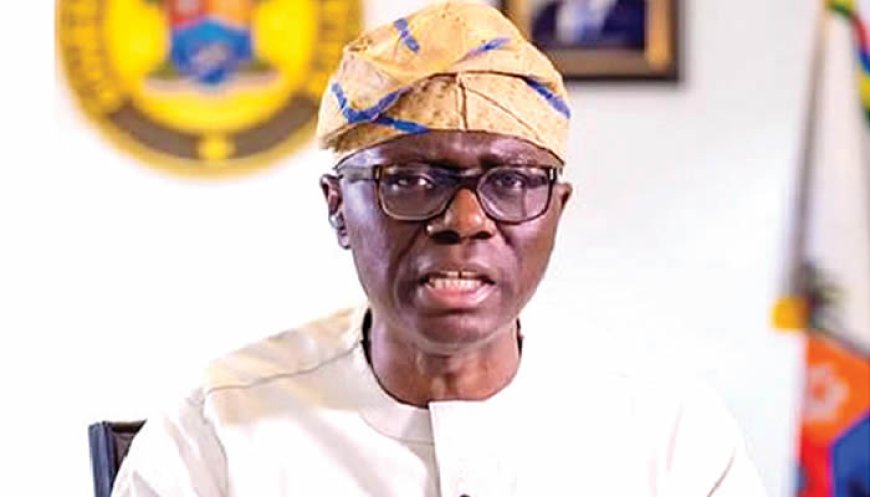Lagos eyes 10,000 jobs from leather hub

Lagos State Governor, Babajide Sanwo-Olu, has commissioned a leather processing and manufacturing hub in Mushin.
The hub is designed to create 10,000 direct jobs and position Lagos as the leather logistics capital in West Africa.
This was contained in a statement signed by the governor’s Special Adviser on Media and Publicity, Gboyega Akosile.
He stated that the hub, named after the First Lady, Oluremi Tinubu, was formally inaugurated on Saturday during her three-day official visit to Lagos.
According to him, the facility, fully equipped with modern industrial leatherwork machinery, is capable of mass-producing shoes, bags, belts, packaging bags and other leather products.
He said the hub would also provide solutions for Nano, Medium, Small and Medium Enterprises struggling to meet bulk orders due to limited equipment and capacity.
Commissioning the facility, Tinubu described it as a trailblasing project that reinforced the state’s reputation as the heartbeat of innovation and enterprise in Nigeria.
She said the hub aligned with President Bola Tinubu’s Renewed Hope Agenda to accelerate diversification through industrialisation, digitisation, creative arts, and manufacturing.
The First Lady said the project stood as a symbol representing how the government and citizens could work together to turn challenges into opportunities and create a prosperity pathway for citizens.
“Those who will work directly in this space must dedicate themselves to excellence, hard work, and embrace continuous learning and position their products to compete in the global market,” she advised.
Meanwhile, Sanwo-Olu said the hub was expected to generate more than $250m annually in export turnover when fully operational, while over 150,000 artisans would benefit from training and start-up support to boost productivity.
He stressed that the project would deepen Lagos’ non-oil export drive, create new jobs, and empower artisans, women, and youths, with 70 per cent of employment slots reserved for them.
The Governor pledged to protect and expand the leather hub through transparent regulation and continuous infrastructure upgrades, linking it to fashion districts, e-commerce platforms, and rail services to ensure seamless movement of goods and people.
The state Commissioner for Wealth Creation and Employment, Akinyemi Ajigbotafe, said the hub would enable artisans to produce higher-quality goods at lower costs and compete in both local and international markets.

 admin
admin 


